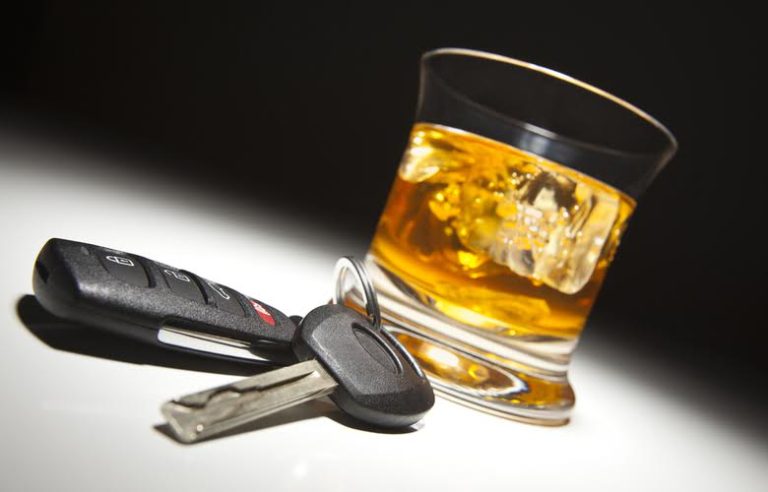It was a statistical fact that alcoholics rarely recovered on their own resources” (p. 22). Learn more about AA, and how its famous 12 Steps—especially Step 1—can set you on the path to recovery. They don’t talk about how that connects to drug addiction, but one can instantly see the relationship without a proper definition. Learn how to tell if your child is vaping, understand the risks, and start a supportive conversation. Explore why alcoholics crave sugar and the neuropsychology behind these intense cravings. Discover essential tips for staying present in your recovery journey and embrace each moment with mindfulness.
Why Dual-Diagnosis Treatment Is Essential for Recovery
Breaking the isolation of addiction is a pivotal outcome of Step One. It opens the door to rebuilding relationships with loved ones, mending the fractures caused by addiction’s turmoil. Additionally, the principles learned in Step One contribute to a reduction in the stigma surrounding addiction, creating a more accepting and understanding society. Throughout your journey in AA or NA, you’ll find that the sense of community and support is invaluable. You’re not alone in your struggles, and there are people who genuinely care about your well-being. Attend meetings regularly, engage with your sponsor or mentor, and be open to forming connections with others in recovery.
Common Areas of Perceived Powerlessness
Individuals facing financial instability often struggle to fulfill basic needs, leading to a perpetual cycle of poverty. This inequality can manifest in various aspects of life, from inadequate access to healthcare to limited educational opportunities. By confronting their lack of control, participants recognize the chaotic impacts that addiction has on their lives. This acknowledgment is critical; it allows individuals to move away from ineffective self-management attempts and work toward accepting their situation as it is. We must acknowledge that we cannot control what our addiction does to us if we are to overcome it.
I Don’t Understand the First Step – What is Unmanageability?
- Discover what an outpatient treatment program is and learn how it offers flexibility and real-life recovery benefits.
- Even if you don’t believe in God, you can still undergo the AA first step.
- In order to progress to steps two through twelve, you must embrace step one.
- The point is made over and over again – no matter what our mood or level of sanity in regard to matters other than alcohol we will have no mental defense.
Discrimination and unfair treatment within institutions can exacerbate the struggles faced by individuals with addiction disorders. These systemic injustices are often reflected in workplaces and social structures, where power imbalances are prevalent. Powerlessness drug addiction treatment is a central theme in the experience of addiction. Reach out today to learn more about our personalized treatment plans and partial care programs. Start your journey to a healthier, happier life with Enlightened Recovery. There are several effective treatment options for alcohol addiction.
A foundational truth in recovery is that you cannot stop or do better on your own. This belief assumes that you should be able to do recovery by yourself instead of relying on the support of other people. It forgets the unsuccessful efforts you’ve made to stop in the past, even though many of them came out of a place of trying to do better. While the statements above might be obvious refusals of powerlessness, you might more readily identify with some of the subtle ways denial can creep in.
The second bit “– that our lives were unmanageable”, is a restatement of our powerlessness. We say this, because we are told in the Big Book that some alcoholics are powerless over alcohol examples perfectly well balanced and sane in all areas of their lives except for the insanity regarding alcohol. Many other areas of our lives may be unmanageable but that is not what step one is about. We now know that the basis of such powerlessness lies in a person’s addicted brain far more than in their character or circumstances. For reasons that are largely genetically determined, some people’s brains are more easily hijacked by addictive substances. By hijacked, I mean the brain’s reward center more quickly focuses on alcohol and other drugs as the primary source of pleasure.

Step 1 of AA acknowledges the need for members to hit rock bottom to understand alcohol addiction’s destructive nature. The second part of Step One addresses the chaos and unmanageability that addiction brings into your life. It’s a candid look at the consequences of addiction, which can be painful but necessary for change. The Serenity Prayer is a central mantra of many recovery communities. It demonstrates the paradox of powerlessness and the role of surrender.

- I know that I have to make the changes to ensure the outcome that will put me right with the world and myself.
- The concept of powerlessness can seem quite foreign, especially to those from countries like America whose culture idolizes independence and raising one’s self by their bootstraps.
- Get ready to uncover the layers of powerlessness and discover how understanding it can empower you moving forward.
- Choose statements from the list below to combat the mistaken or faulty beliefs you’ve identified from the overt or subtle ways of denying your own powerlessness above.
- Powerlessness can perpetuate the cycle of addiction, making it difficult for individuals to seek help.
- Untreated alcohol abuse remains a significant public health crisis in the United States, leading to devastating consequences for individuals and communities.
This is part of our ongoing commitment to ensure FHE Health is trusted as a leader in mental health and addiction care. The road to recovery is rarely smooth; challenges abound along the way. One common struggle includes dealing with cravings triggered by stress or social situations. You might feel compelled to join friends at bars despite wanting sobriety, creating internal conflict. Alcohol dependency leads to profound effects on both physical and mental health.
This recognition is not a sign of defeat but rather a crucial aspect of healing and personal growth. Powerlessness can create significant challenges in partnerships, particularly when addiction is involved. Because the journey to sobriety is full of forward steps and backward ones, it may be necessary for some people to return to this step multiple times. The path to recovery is rarely a straight line, but a series of twists and turns.
